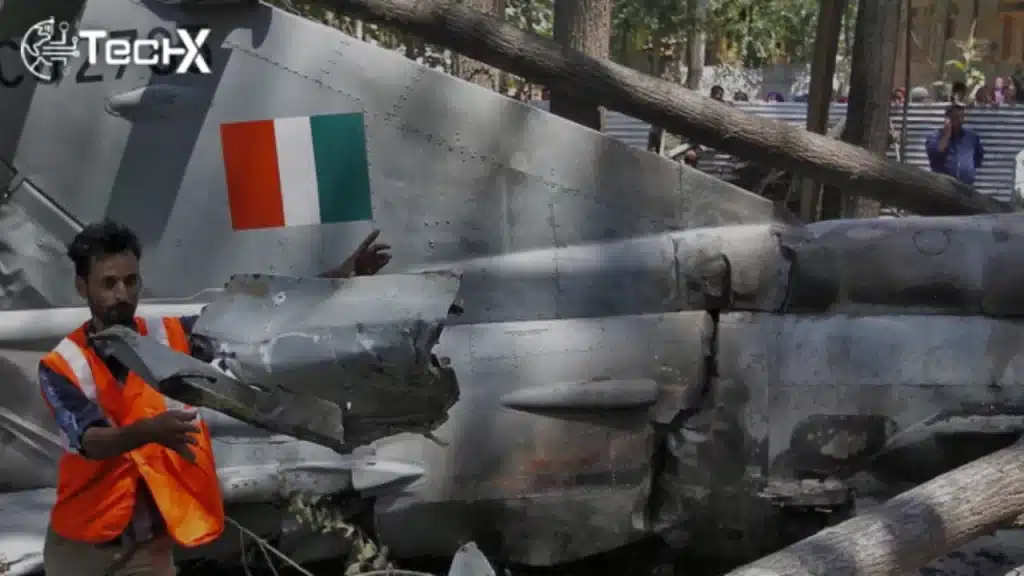Pakistani Shaheens (Falcons) have inflicted over a billion dollars in losses on the Indian Air Force (IAF). A recent video revealed three Rafales, one MiG-29, and one Su-30 destroyed by Pakistan’s long-range missiles in occupied Kashmir. India quickly deleted the news, likely due to embarrassment. This marks another humiliation for India, following Pakistan’s 2019 downing of two Indian jets.
Modi’s Rafale Claim Falls Flat
In 2019, Indian PM Modi claimed Rafale jets would change outcomes in future conflicts. Today, three Rafales, India’s most advanced fighters, lie destroyed. Each Rafale costs $288 million, meaning losses exceed $864 million, excluding other jets. This debacle has shaken India’s defense credibility. Dassault Aviation, Rafale’s manufacturer, also saw stock prices drop, reflecting global skepticism about the jet’s combat effectiveness.
Economic Ripples of the Pak-India Conflict
The conflict’s impact extends beyond military losses. Rising tensions have disrupted global oil and gas markets, with prices surging in 22 countries. India’s aggression has economic consequences, proving Pakistan’s strategic strikes carry far-reaching effects. The international community watches closely as regional instability threatens energy supplies and economic stability, further isolating India for its reckless actions.
Also Read: Pakistan Shoots Down 5 Indian Jets, Destroys Brigade HQ
DG ISPR’s Stern Warning to India
Pakistan’s DG ISPR issued a clear message: “Today’s engagement was defensive; the real response will come from Pakistan.” This signals that Pakistan retains the initiative and will retaliate on its terms. The government has granted the military a free hand, ensuring any Indian aggression meets swift, decisive retaliation. Pakistan’s restraint should not be mistaken for weakness.
Pakistan’s Strategic Superiority Exposed
The recent strikes highlight Pakistan’s air defense and missile superiority. Despite India’s larger military budget, its inability to protect advanced jets raises doubts. Pakistan’s precision strikes demonstrate technological and tactical prowess, reinforcing its deterrence capability. India’s failed aggression only strengthens Pakistan’s resolve and exposes its adversary’s vulnerabilities.
Global Reactions and India’s Isolation
The international community has taken note of India’s repeated military failures. With Dassault’s stocks falling and global markets reacting, India faces scrutiny. Pakistan’s measured response has garnered diplomatic support, while India’s belligerence risks further isolation. The world recognizes Pakistan’s restraint and capability, leaving India to grapple with its strategic miscalculations.
Conclusion: Pakistan’s Resolve Unshaken
Pakistan has proven its military might and strategic patience. The destruction of India’s prized Rafales underscores its air defense dominance. With a free hand granted to the armed forces, any further Indian misadventure will be met with overwhelming force. The world now sees Pakistan as a disciplined, capable power, while India’s hollow claims stand exposed. The game has indeed changed.
